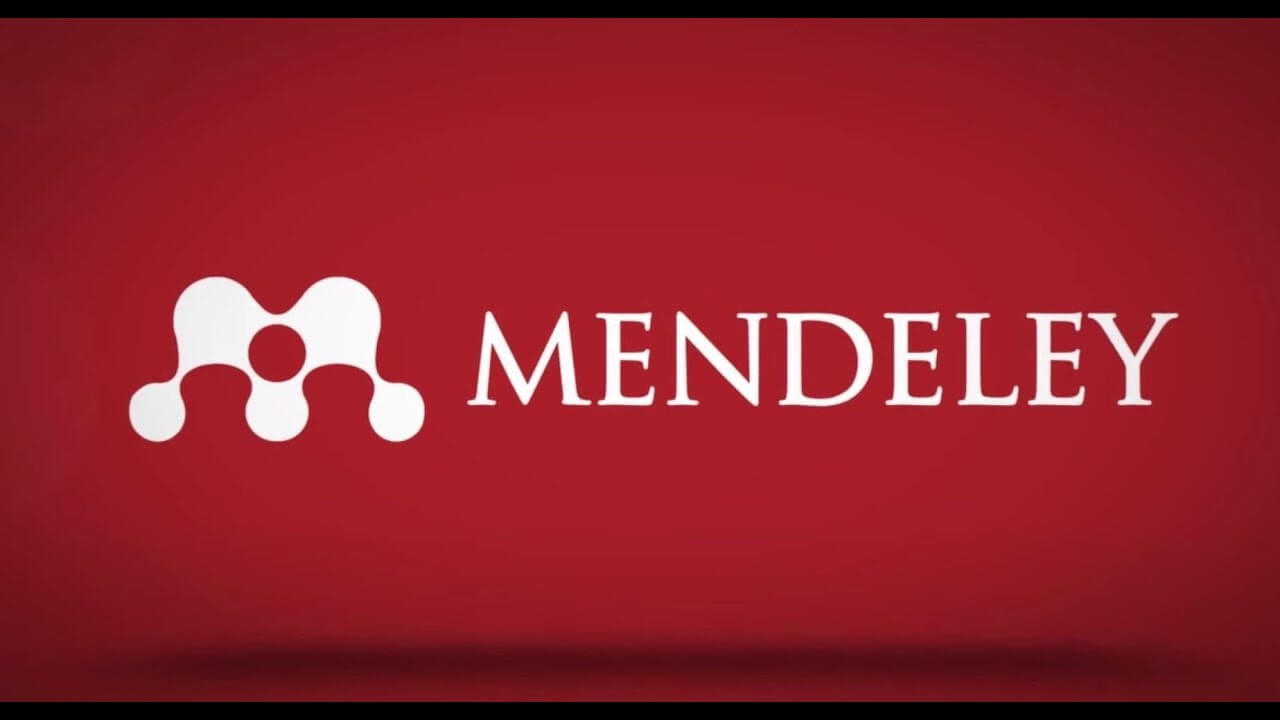Implementation Of Ctl To Strengthen Sq And Character Education In Islamic Religious Education Learning At SMPN 32 Bandung
Abstract
This study aims to evaluate the effectiveness of implementing Contextual Teaching and Learning (CTL) in strengthening Spiritual Quotient (SQ) and character education within Islamic Religious Education (PAI) instruction at SMPN 32 Bandung. The research employed a quasi-experimental pre-test/post-test control group design involving two groups of students—one receiving CTL-based instruction and the other conventional teaching methods. A total of 60 students participated over an eight-week intervention period. Data were analyzed using ANCOVA to control for baseline differences, along with tests for normality and variance homogeneity. The findings revealed a significant improvement in the experimental group’s scores for SQ (Δ = +22.6; p < 0.001), moral virtue (Δ = +17.8; p < 0.005), and civic responsibility (Δ = +24.5; p < 0.001), with large effect sizes (η² ≥0.25). Qualitative data from teacher and student interviews also indicated positive perceptions regarding student motivation and the contextual relevance of learning. In conclusion, CTL-based PAI instruction was more effective than conventional methods in enhancing SQ and character dimensions, while also aligning with the core principles of the Kurikulum Merdeka. It is recommended that schools adopt CTL-integrated modules supported by authentic assessment and stakeholder collaboration. Future studies may explore long-term retention and mediating variables such as student motivation and social support
References
Ali, M., & Julaihah, U. (2023). Implementasi Model Pembelajaran Contextual Teaching & Learning Untuk Meningkatkan Keaktifan Dan Berpikir Kritis Siswa. Dinamika Sosial: Jurnal Pendidikan Ilmu Pengetahuan Sosial, 2(3), 263–277.
Amoroso, D., dan I. Hapsari. 2021. “Motivasi Belajar PAI melalui CTL.” Jurnal Pendidikan
Islam 12, no. 2: 123–36.
Bandura, A. 1977. Social Learning Theory. Englewood Cliffs, NJ: Prentice-Hall.
Campbell, D. T., dan J. C. Stanley. 2015. Experimental and Quasi-Experimental Designs for
Research. Belmont, CA: Wadsworth.
Deci, E. L., dan R. M. Ryan. 2000. “The ‘What’ and ‘Why’ of Goal Pursuits: Human Needs and the Self-Determination of Behavior.” Psychological Inquiry 11, no. 4: 227–68.
Field, A. 2013. Discovering Statistics Using IBM SPSS Statistics. 4th ed. London: Sage.
Haj, H. S., & Marno, M. (2024). Pengembangan Model Kurikulum Pendidikan Agama Islam Berbasis Multikultural. ISLAMIKA, 6(1), 255–267.
Johnson, E. B., M. R. Edmunds, dan L. A. Turner. 2002. Contextual Teaching and Learning: What It Is and Why It’s Here to Stay. Thousand Oaks, CA: Corwin Press.
Kemendikbudristek. 2022. Permendikbudristek No. 56 Tahun 2022 tentang Kurikulum Merdeka.
Jakarta: Kementerian Pendidikan, Kebudayaan, Riset, dan Teknologi.
Labuem, W. N.-M. Y.-S., Al Mansur, D. W. A.-M., Masgumelar, H. A.-N. K., Wijayanto, A., Or, S., Kom, S., Anggaira, A., Bayu, W. I., Amiq, F., & Or, S. (2021). Implementasi dan problematika merdeka belajar. Tulungagung: Akademia Pustaka.
Lickona, T. 1991. Educating for Character: How Our Schools Can Teach Respect and Responsibility.
New York: Bantam Books.
Nasution, A. 2015. “Pengukuran Spiritual Quotient pada Siswa.” Jurnal Psikologi Pendidikan
8, no. 1: 45–58.
Nurhadi, D. 2020. “Tantangan PAI di Era Digital.” Jurnal Pendidikan & Teknologi 5, no. 1:
67–79.
Pratiwi, S. 2022. “Character Education di SMP: Studi Lapangan.” Jurnal Ilmiah Edukasi 14, no. 3: 201–15.
Rahmawati, F., et al. 2019. “CTL dan Pemahaman Fiqih.” Indonesian Journal of Islamic Studies
7, no. 1: 58–74.
Sari, M., dan T. Wijaya. 2021. “Evaluasi Pembelajaran PAI Konvensional.” Jurnal Ilmiah
Madania 10, no. 2: 87–100.
Yunus, R., Kamuli, S., & Midu, F. A. (2025). Pendidikan Karakter Bagi Siswa Berbasis Kearifan Lokal di SMA Negeri 1 Gorontalo. Jurnal Pengabdian Masyarakat: Pemberdayaan, Inovasi Dan Perubahan, 5(3).
Zhang, Y., et al. 2018. “Effectiveness of CTL in Religious Education.” International Journal of Religious Education 9, no. 4: 299–312.
Copyright (c) 2025 IJGIE (International Journal of Graduate of Islamic Education)

This work is licensed under a Creative Commons Attribution-ShareAlike 4.0 International License.

















